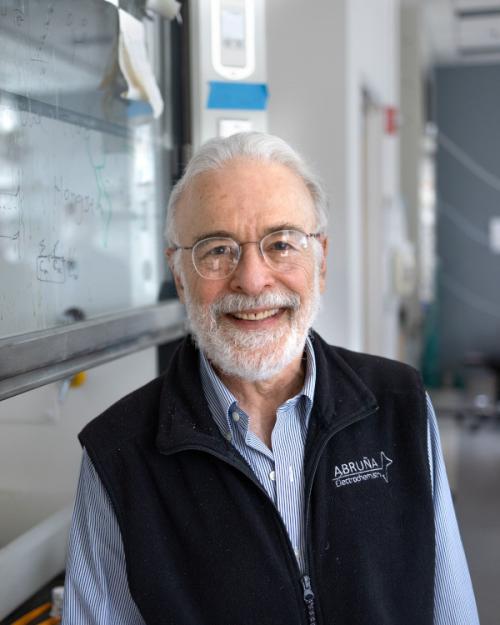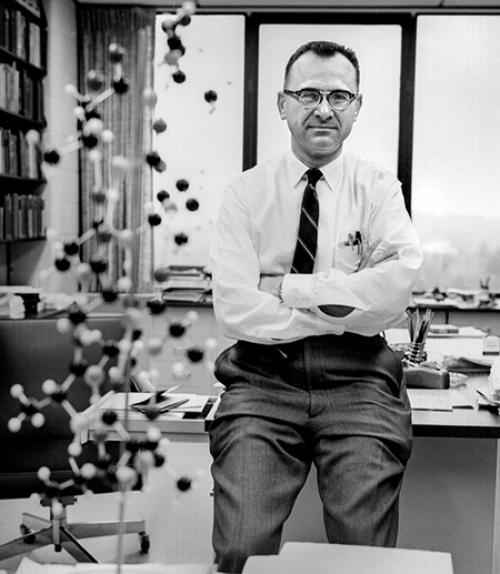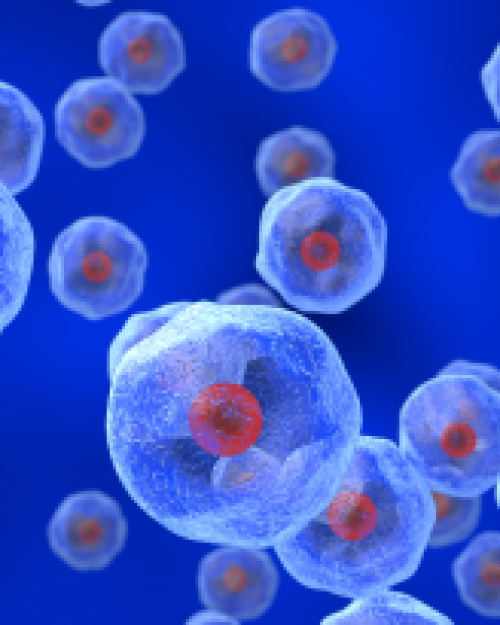Harold Scheraga, protein chemistry pioneer, dies at 98
Harold A. Scheraga, the George W. and Grace L. Todd Professor Emeritus of Chemistry in the College of Arts and Sciences, who had a profound impact shaping the understanding of protein structure, died Aug. 1 in Ithaca. He was 98.
More news


Abruña honored for chemistry in the public interest
A&S Communications

Student spotlight: Bayu Ahmad
Cornell University Graduate School

